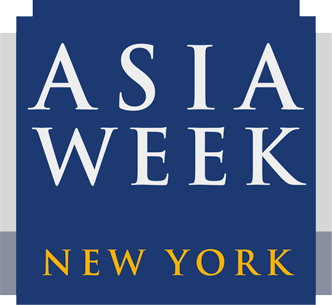New York: The Asia Week New York Association is pleased to announce that their fall schedule of exhibitions, auctions and a panel discussion will take place from September 17 to October 4. A dozen galleries and five auction houses -Bonhams, Christie's, Doyle, iGavel, and Sotheby's – will participate in Asia Week New York Autumn 2020.
The exhibitions will feature an eye-alluring array of ancient and contemporary Far Eastern treasures from China, Japan, Korea, India, Bhutan, Indonesia, and Vietnam, and will go live on September 17 in the Asia Week New York online viewing room www.asiaweekny.com. In-person visits to the New York galleries can be arranged by making an appointment.
Adding to the mix of exhibitions and auctions is "Up Close: A Conversation," featuring each of the 11 dealers who will reveal and discuss one of their prized works. To register for the Zoom presentation on Wednesday, September 23 at 5:00 p.m. EST and 2:00 p.m. PST visit www.asiaweekny.com.
As always, the Asia Week New York specialists will present a spectacular selection of objects from ancient treasures to cutting edge contemporary art-at tempting prices.
The following New York galleries will be open by appointment and can also be found on the online viewing room.
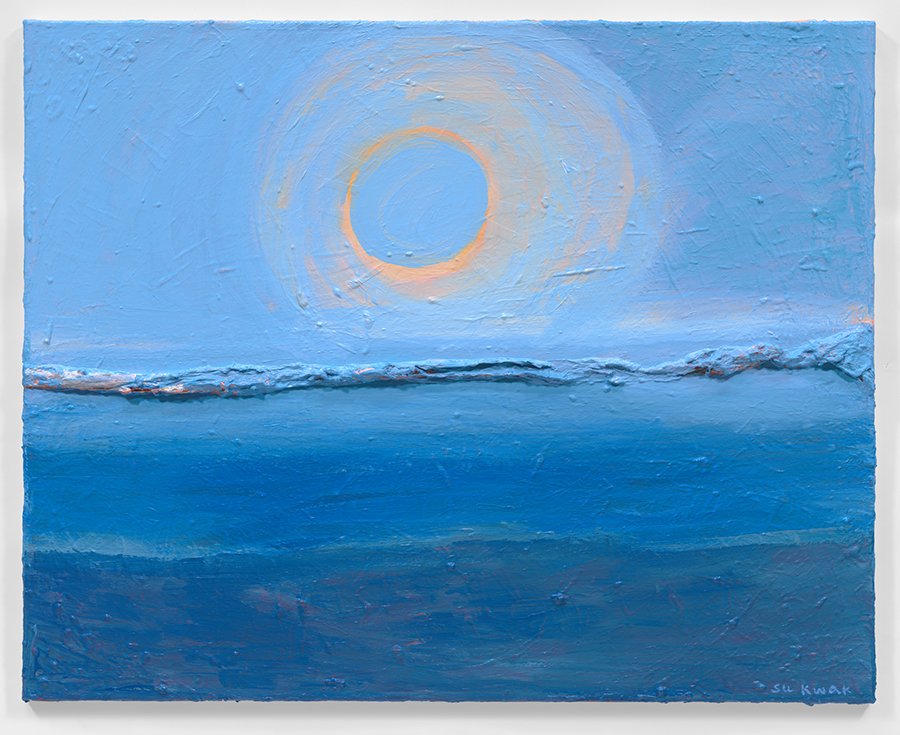
Su Kwak, Time of Peace, 2020 Acrylic on canvas, 24 x 30in. (61 x 76.2cm) (HK Art & Antiques LLC)
HK Art & Antiques LLC presents Time of Peace: Works by Women Artists and directs our attention to three noted female contemporary Korean painters: Su Kwak, Ouhi Cha and Sooyeon Hong. Kwak and Cha have spent many years outside Korea and are currently based in the United States and Germany respectively. All three have had exhibitions in Korea and in this country.
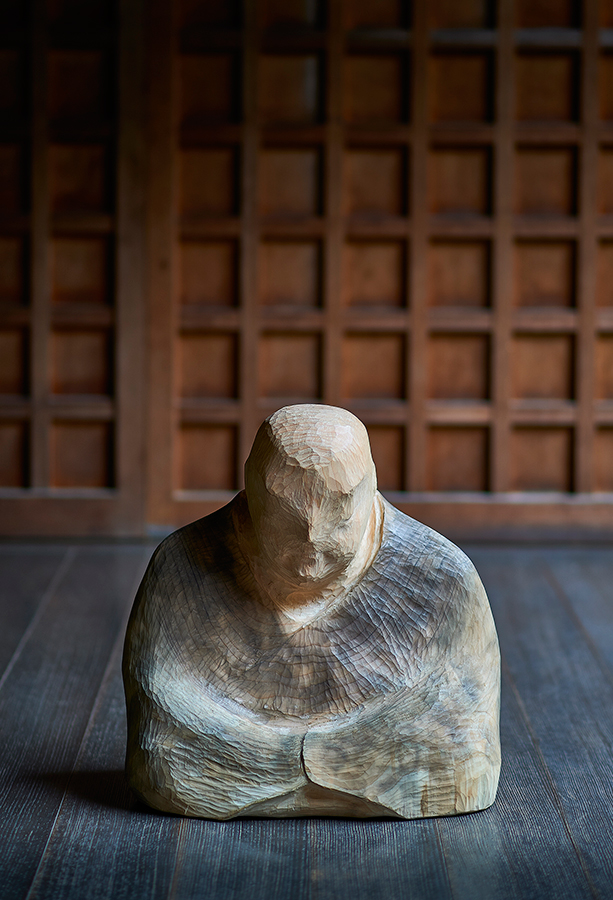
Sho Kishino Sitting, 2019 H120 x W120 x D60 cm, H47 1/4 x W47 1/4 x D23 3/4 in, (Ippodo Gallery)
Ippodo Gallery presents Samsara: Sculptures by Sho Kishino. Through these pieces, the artist explores themes of creation, renewal, and spiritual awakening. In Buddhism, samsara indicates the beginningless cycle of birth, life, death, and rebirth. Kishino has described his creative process as a search for the light of the Buddha's teachings.
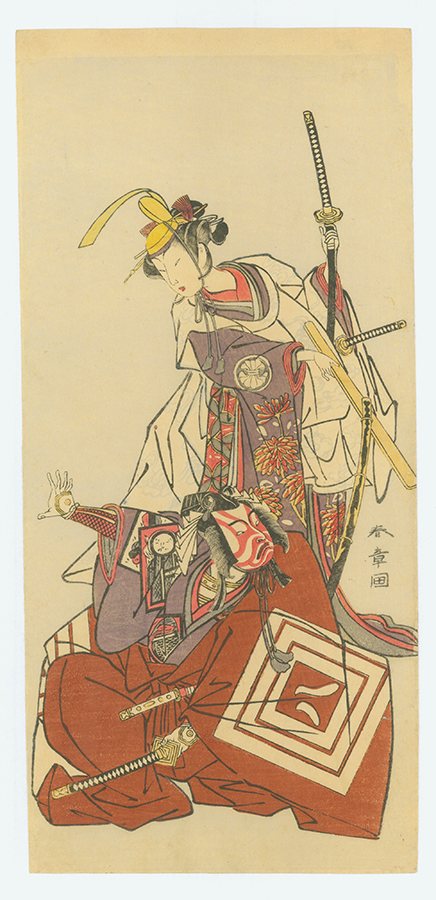
Utagawa Tokokuni (1769-1825), Bandō Mitsugorō II as Nagoya Sanza and Segawa Kikunojō III as Sono'o-no-mae, Color woodblock print, ōban tate-e, 153⁄8 x 103⁄8 in. (38.7 x 25.4 cm); 1795-96, Series: Untitled series of double half-length portraits; Signed: Toyokuni ga; Publisher: Den (Sebastian Izzard LLC Asian Art)
First time Asia Week New York participant Sebastian Izzard LLC Asian Art presents A Selection of Fine Japanese Paintings, Prints, and Ceramics including a select group of Japanese paintings, woodblock prints, and 17th century Nabeshima ceramics. Among the highlights is a print by Utagawa Toyokuni Bando Mitsugoro II and Segawa Kikunojo III in a theatrical scene, from a set featuring double half-length portraits for plays staged in three of Edo's theaters in the fall of 1796; and an elegant selection of fine Nabeshima porcelain. These wares were made only for domestic consumption, and for presentation purposes rather than for actual use.
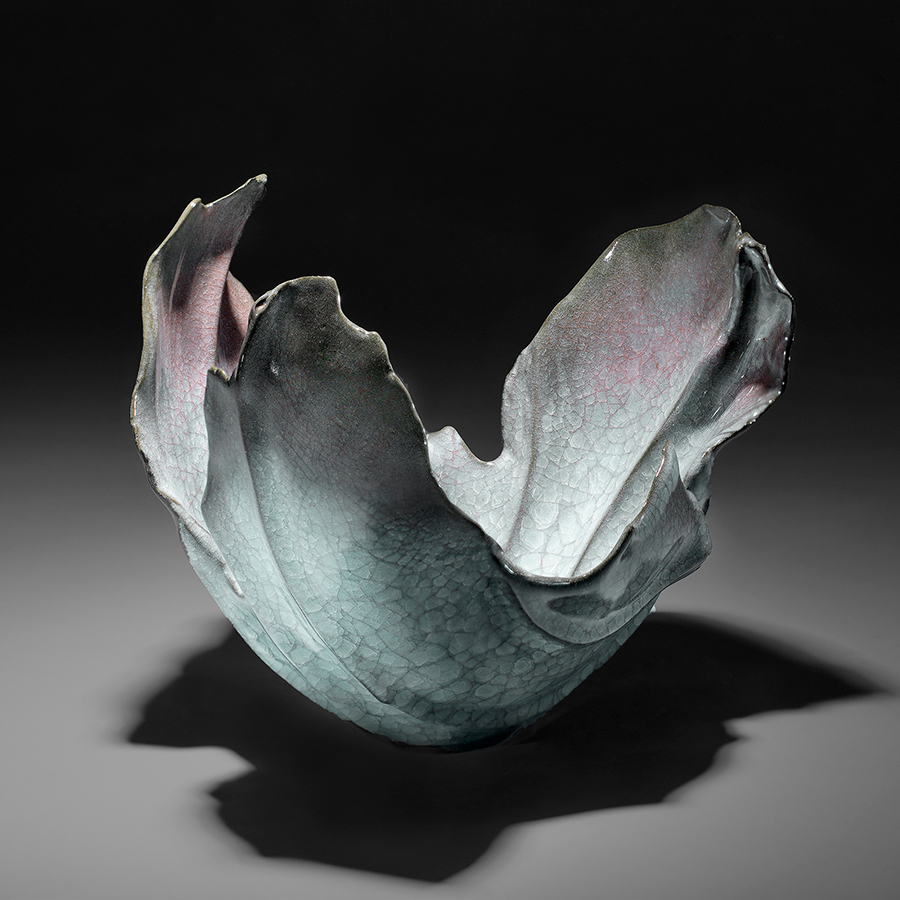
Wakao Kei (b. 1967), Sculptural open blossom-shaped vessel with blue celadon craquelure glazing that flares deep pink from the firing effects, 2019, Glazed stoneware, 10 1/4 x 12 7/8 x 11 1/2 in. (Joan B Mirviss LTD)
In a unique exhibition that focuses on the nature of lineage and received tradition, Fathers & Sons, at Joan B. Mirviss, LTD, showcases two father- son pairs of ceramic artists: Suzuki Osamu and his son, Tetsu and Wako Toshisada and his son, Kei. Suzuki Osamu is a master of white Shino ware and has been designated a Living National Treasure, while his son, Tetsu, specializes in green and blue-green Oribe glazes.
Wakao Toshisada is an Intangible Cultural Heritage of Gifu prefecture whose masterful nezumi Shino functional work is decorated in the aesthetic of the Rinpa tradition. His son, Kei, however, experiments with bolder sculptural forms inspired by Nature that verge on the abstract and are covered in a range of craquelure celadon glazes.
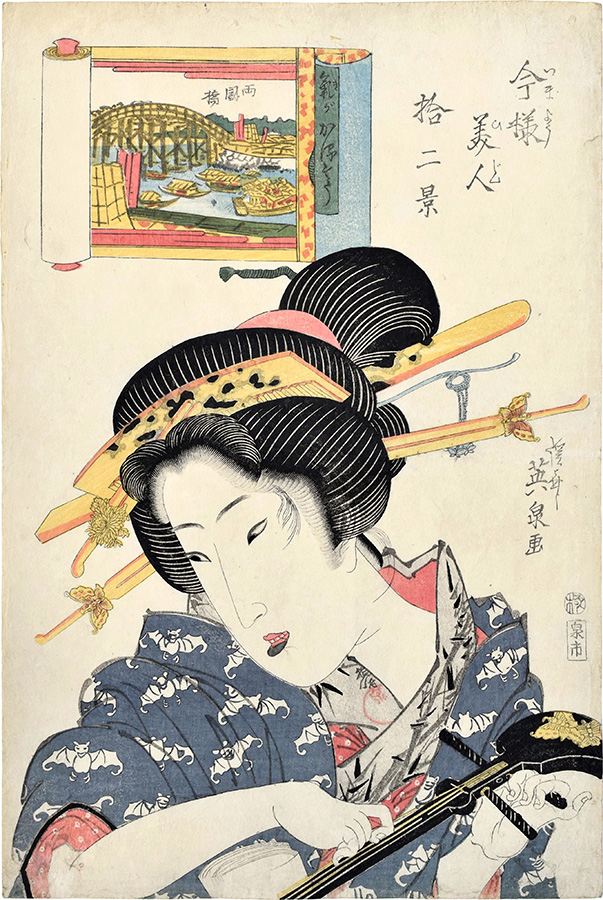
Keisai Eisen (1790-1848), Twelve Views of Modern Beauties: Ryogoku Bridge, Woman of Light-hearted Appearance, Signed Keisai Eisen ga, with artist's red circular seal Sen on the collar, and with publisher's seal Izumi-ichi (Izumiya Ichibei), censor's kiwame seal, ca. 1822-23, oban tate-e 15 1/8 by 10 1/4 in. (38.5 by 26 cm) (Scholten Japanese Art)
Composing Beauty, at Scholten Japanese Art, explores the ways in which bijin (lit. 'beautiful person') are presented in ukiyo-e, focusing on the relationship with other 'composed' genres including poetry, music and dance. Among the highlights is Twelve Views of Modern Beauties: Ryogoku Bridge, Woman of Light-hearted Appearance, by Keisai Eisen (1790-1848).
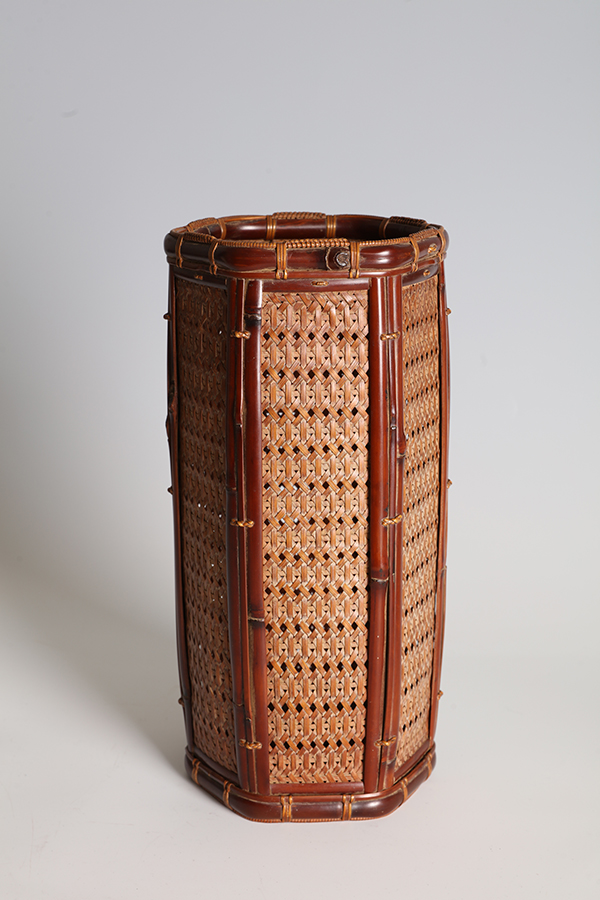
Sasaki Kogakusai (act. 1900-1940) Hexagonal Flower Basket, Bamboo and rattan, Showa era. 1960s, Japan, Size 12 1⁄4 x 6 x 5 1⁄2 inches (31 x 15 x 14 cm) (Thomsen Galleries)
Japanese Bamboo Art, at Thomsen Galleries, encompasses a stunning variety of bamboo and rattan flower baskets from 1900 to 1970, as well as contemporary bamboo sculptures. Of particular note is a hexagonal flower basket in bamboo and rattan, by Sasaki Kogakusai, from the Showa era, 1960s; and a flower basket with a natural bamboo handle by Maeda Chikubosai, circa1920s-1930s.
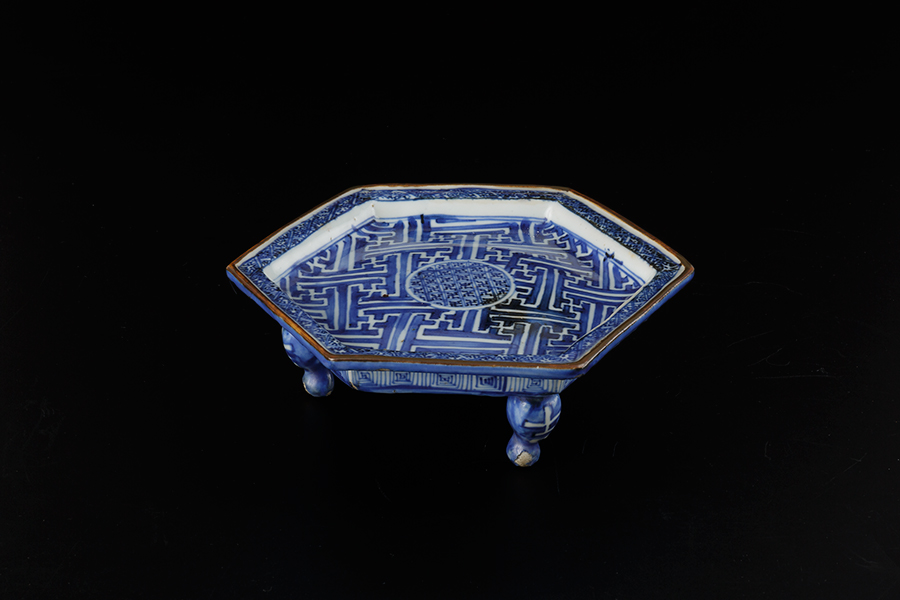
Hexagonal Dish with Three Feet, Shonzui ware, Jingdezhen kilns, Jiangxi province, China, Ming dynasty, 17th century Porcelain decorated with underglaze cobalt blue and iron oxide D 19.1 x H 6.3 cm (Koichi Yanagi Oriental Fine Arts)
At Koichi Yanagi Oriental Fine Arts, another first-time participant, a fine selection of lacquerware, ceramics and hanging scrolls can be found in Kokon Biannual: Fall 2020. A hanging scroll depicting Peafowl and Peonies by Edo Period artist Maruyama Ozui (17661829) is outstanding. Also, of note are a Ming Dynasty, 17th century shonzui ware hexagonal dish with three feet from the Jingdezhen kilns in China and an 18th century square tray for sweets with a design of morning glories by Nagata Yuji.
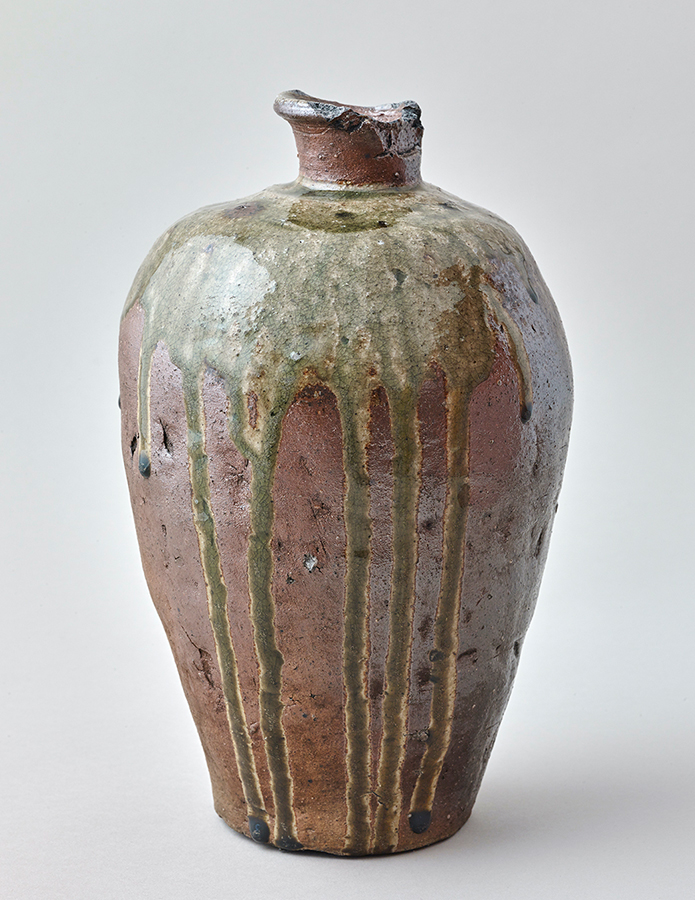
Stoneware "Heishi", Nanbokucho – Muromachi Period 14th-15th c. A.D., Japan Height: 26.7cm, Diameter: 17.15cm (Zetterquist Galleries)
Chinese and Japanese Ceramics, the exhibition at Zetterquist Galleries, will feature a selection of important stoneware including a high shouldered "heishi" form stoneware bottle vase from the Nanbokucho-Muromachi period (14th-15th century) from Japan, as well as a northern Song Dynasty (960-1127 AD) dingyao foliate plate with twin fish decoration from China.
Online Viewing Room Only
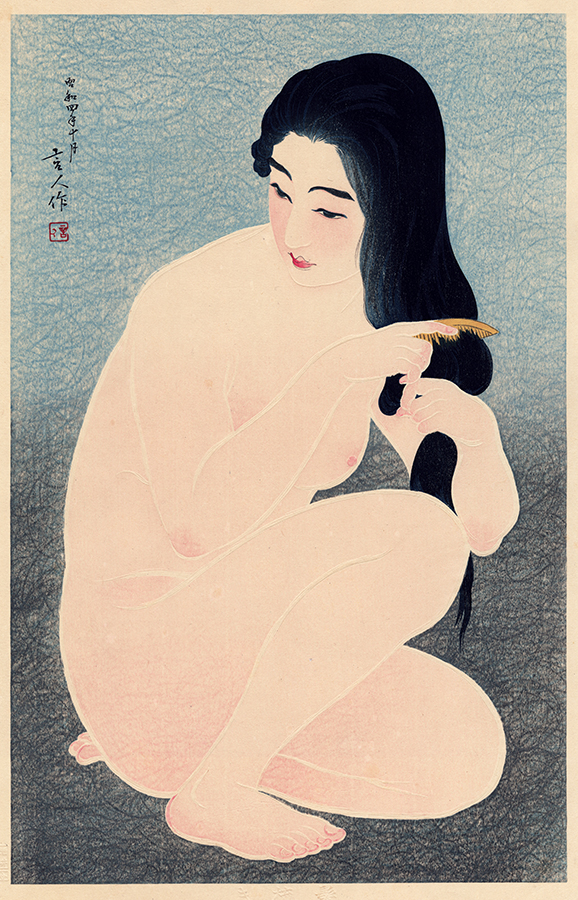
Torii Kotondo, Combing the Hair, Numbered 136 out of 300 on the paper seal, verso; this is from the first edition published by Kawaguchi and Sakai in 1929 (Egenolf Gallery)
Beauty & Style: Early 20th Century Japanese Prints at Egenolf Gallery from Burbank, California, features a beautiful first edition Japanese color woodblock print titled Combing the Hair (Kamisuki) by Torii Kotondo in 1929 as well as a print by Kawase Hasui (1833-1957), Ochanomizu from the 1926 series, 20 Views of Tokyo.
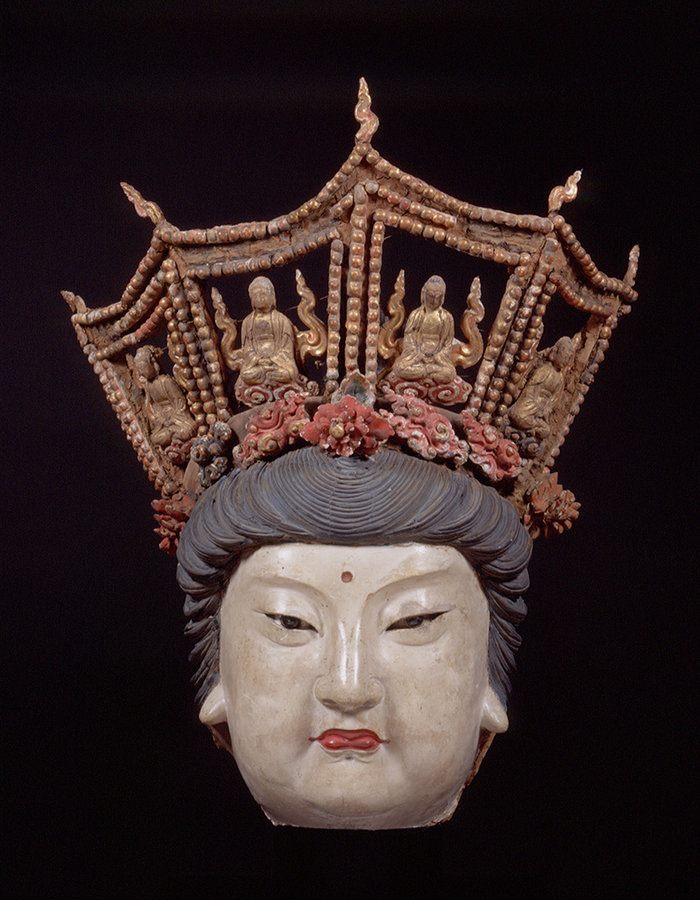
A Colossal Stucco Bodhisattava Head Height: 98.7 cm. (38 7/8 in.), Ming dynasty, 16th century (Kaikodo)
The selections in the aptly titled Fantastics & Eccentrics at Kaikodo reflect the diversity of this gallery's holdings, which are culturally inclusive and cover media and disciplines across the board. Stucco is not a forgiving material to handle but that did not deter the gallery from acquiring a massive and complexly detailed head of a bodhisattva, a rarity in the market today. Further, it is natural that individuals whose lives and studies were shared by China and Japan should be attracted to a ceramic that also provides a link between those cultural giants. The underglaze-blue decorated kosometsuke porcelain dish in this exhibition is a remarkable product of that connection.
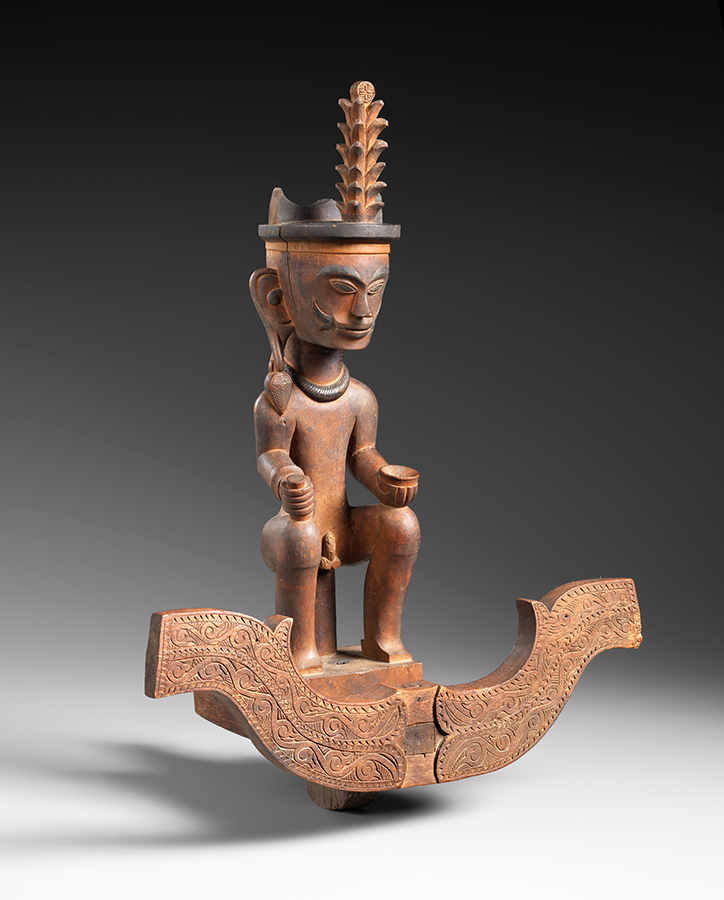
Altar with ancestor figure, adu nuwu / adu zatua Nias, Wood, 19th to early 20th Century, 24 in / 46 cm (Thomas Murray Arts)
A Monpa mask from Bhutan; a Dongson dagger with an ancestor figure from Vietnam; an important sculpture from the island of Nias in Indonesia; and a unique Indonesian betel nut chopper with a handle in the form of a crocodile head are a few of the objects that Asian and tribal arts specialist Thomas Murray Arts will offer in his exhibition, Art of Southeast Asia.
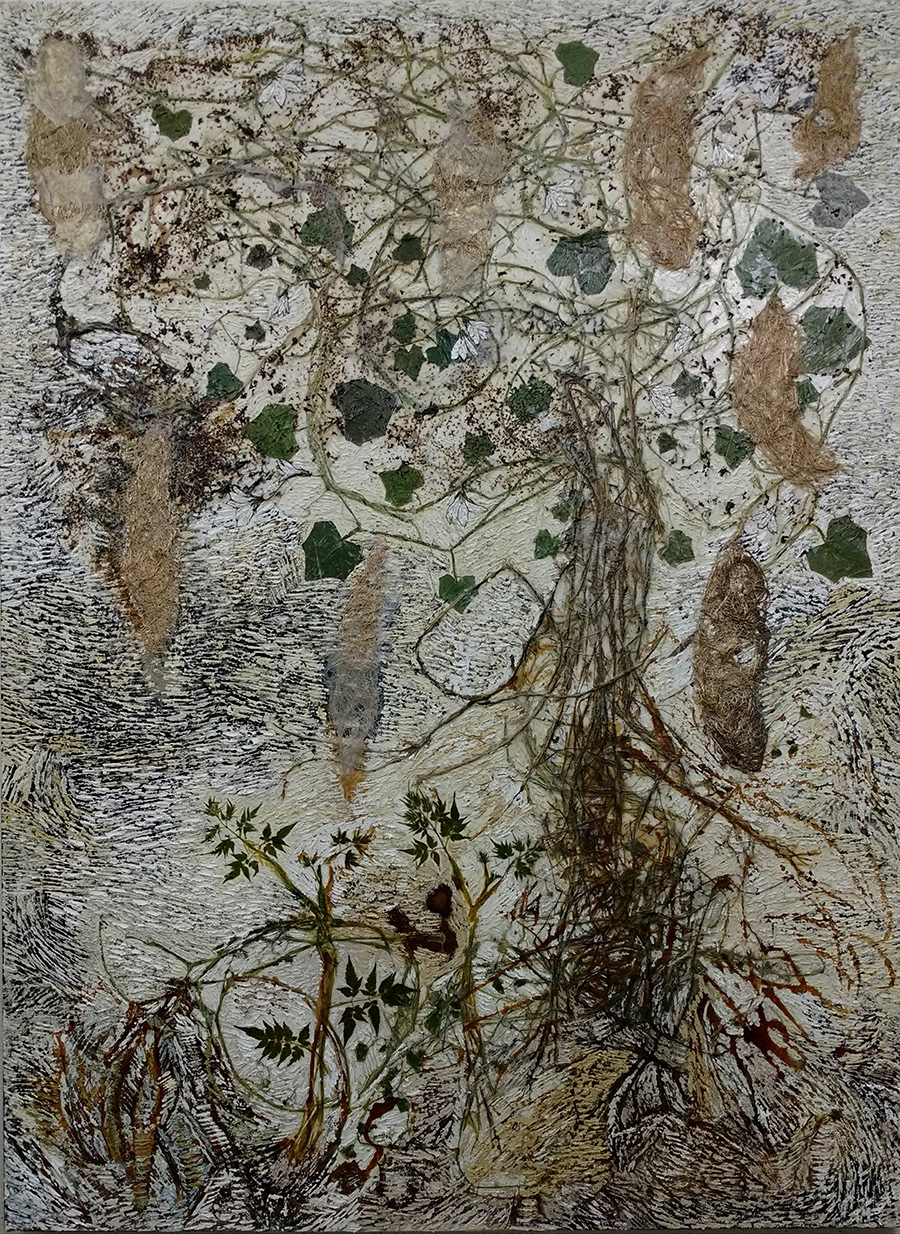
Jayashree Chakravarty, Shelters, 2018, Acrylic, paper, thread, leaf, oil on canvas 71 x 52 inches (Akar Prakar)
The Indian artist, Jayashree Chakravarty (b.1956) who lives in Kolkata, takes center stage at Akar Prakar, the New Delhi-based gallery. Inventing her own creative techniques, using organic material and varied kinds of papers, her installations in the form of paper scrolls remain unique in their conceptions and execution and Shelters exemplifies her work to perfection.
Asia Week New York Association, Inc. is a 501(c) 6 non-profit trade membership organization registered with the state of New York. For more information, visit www.asiaweekny.com. Instagram: @asiaweekny; Twitter #asiaweekny.
